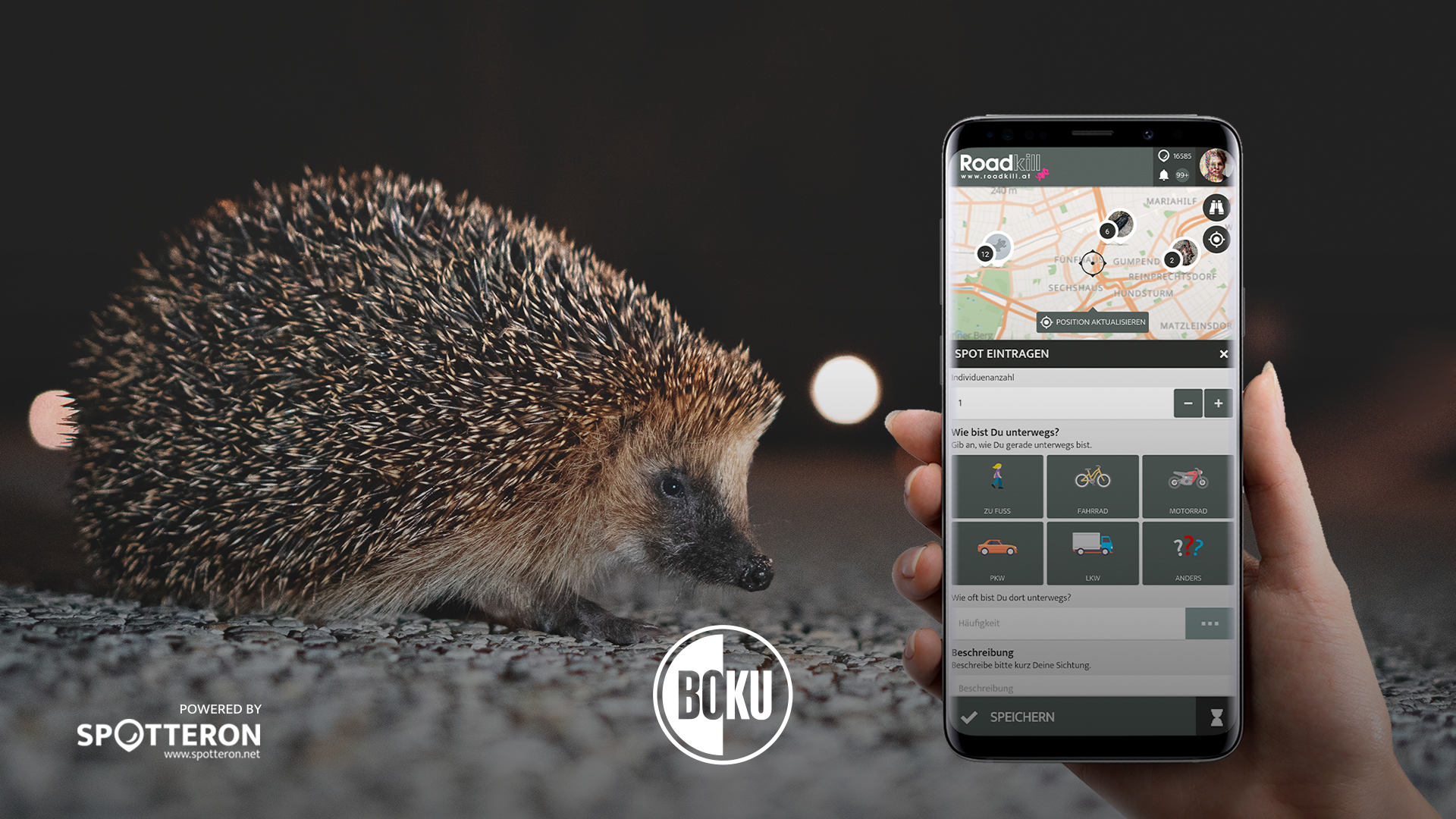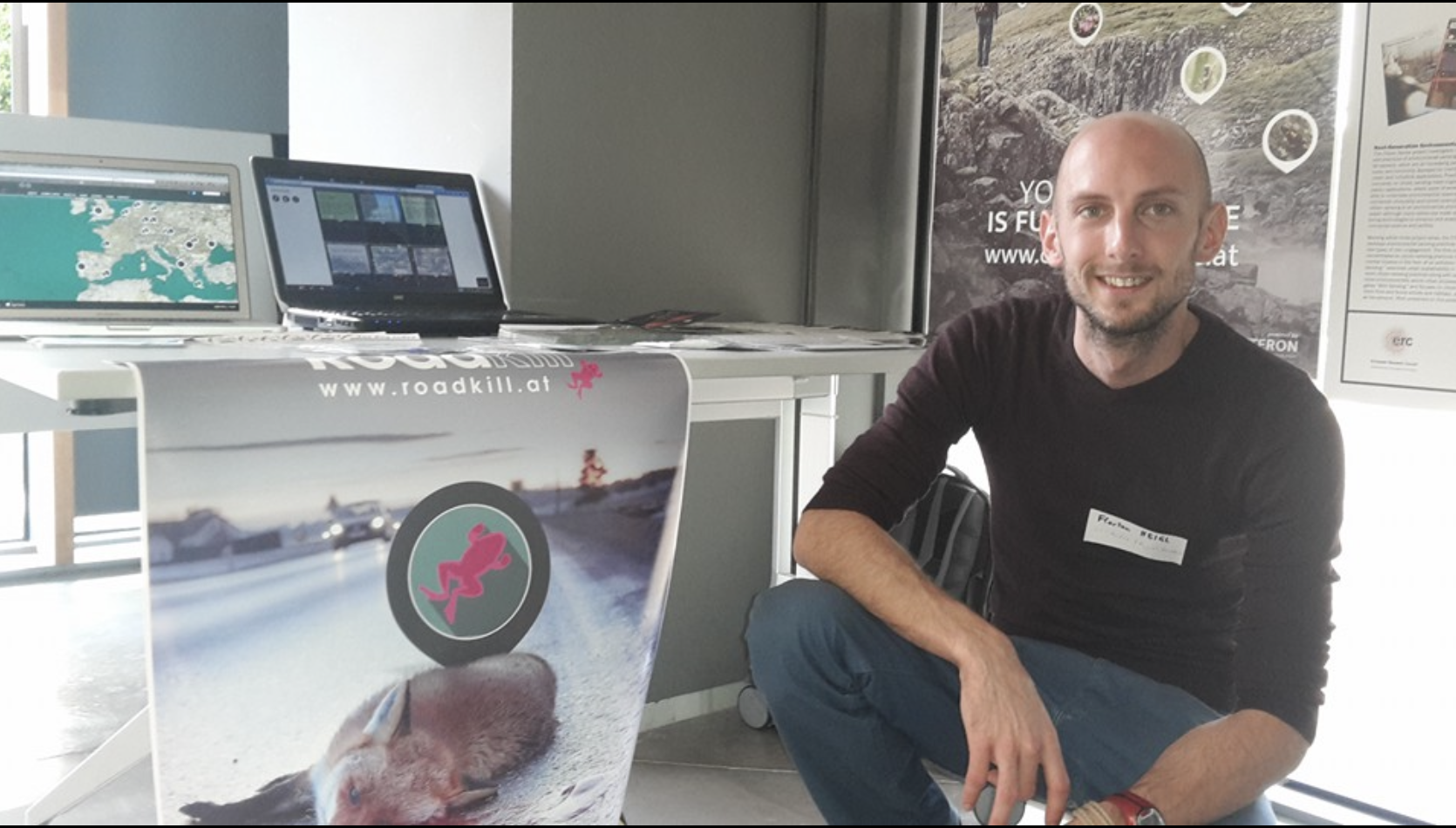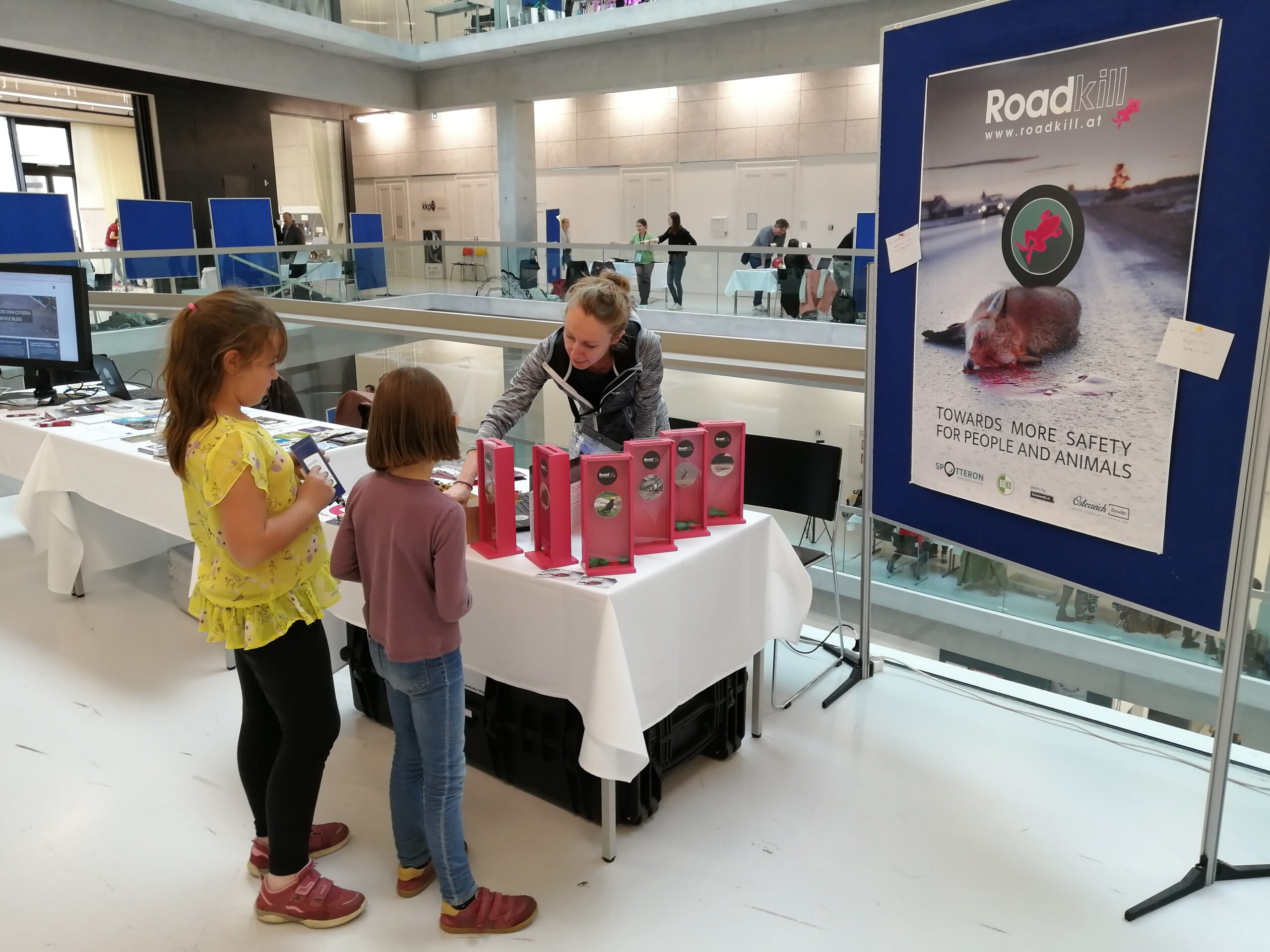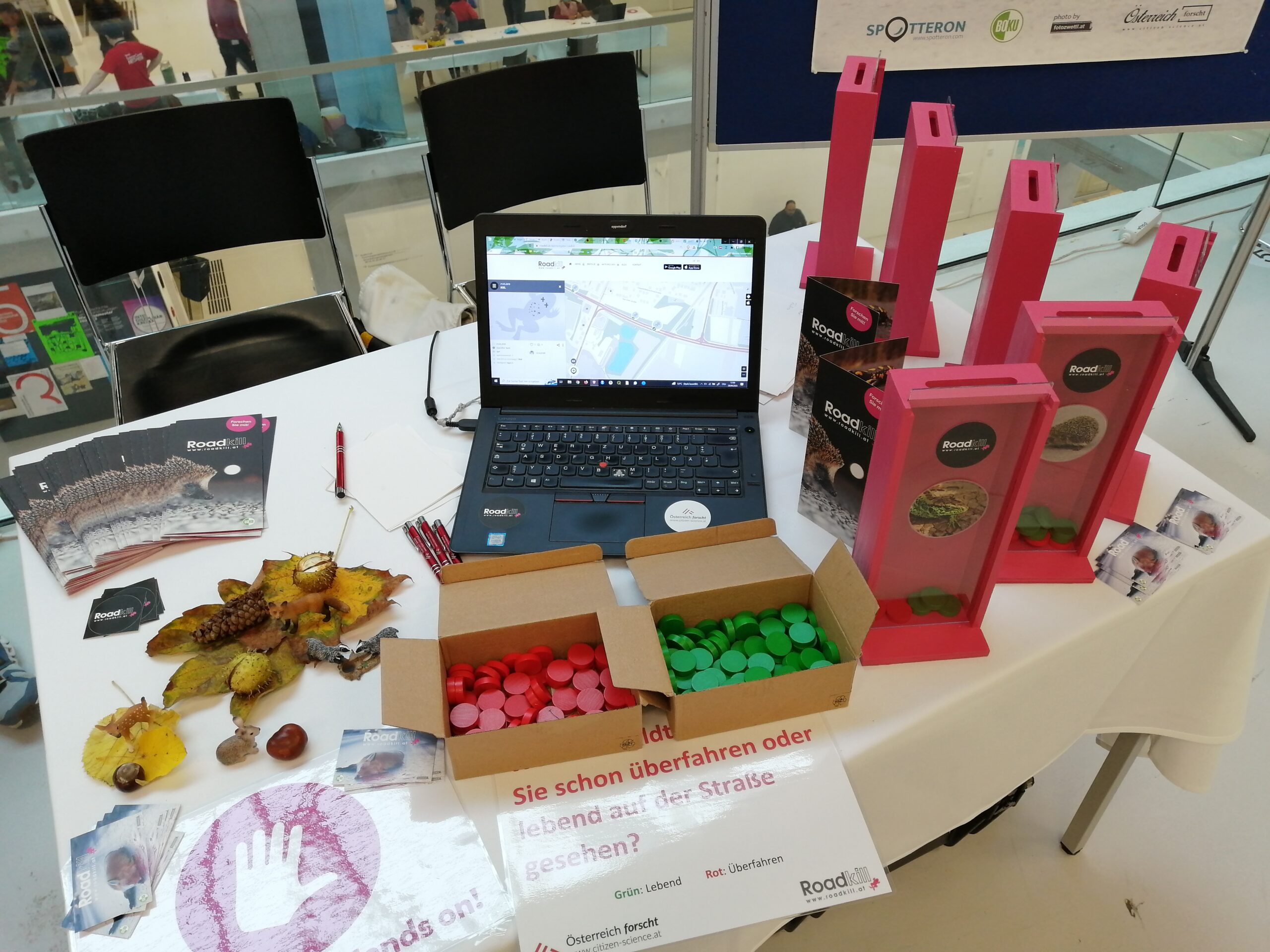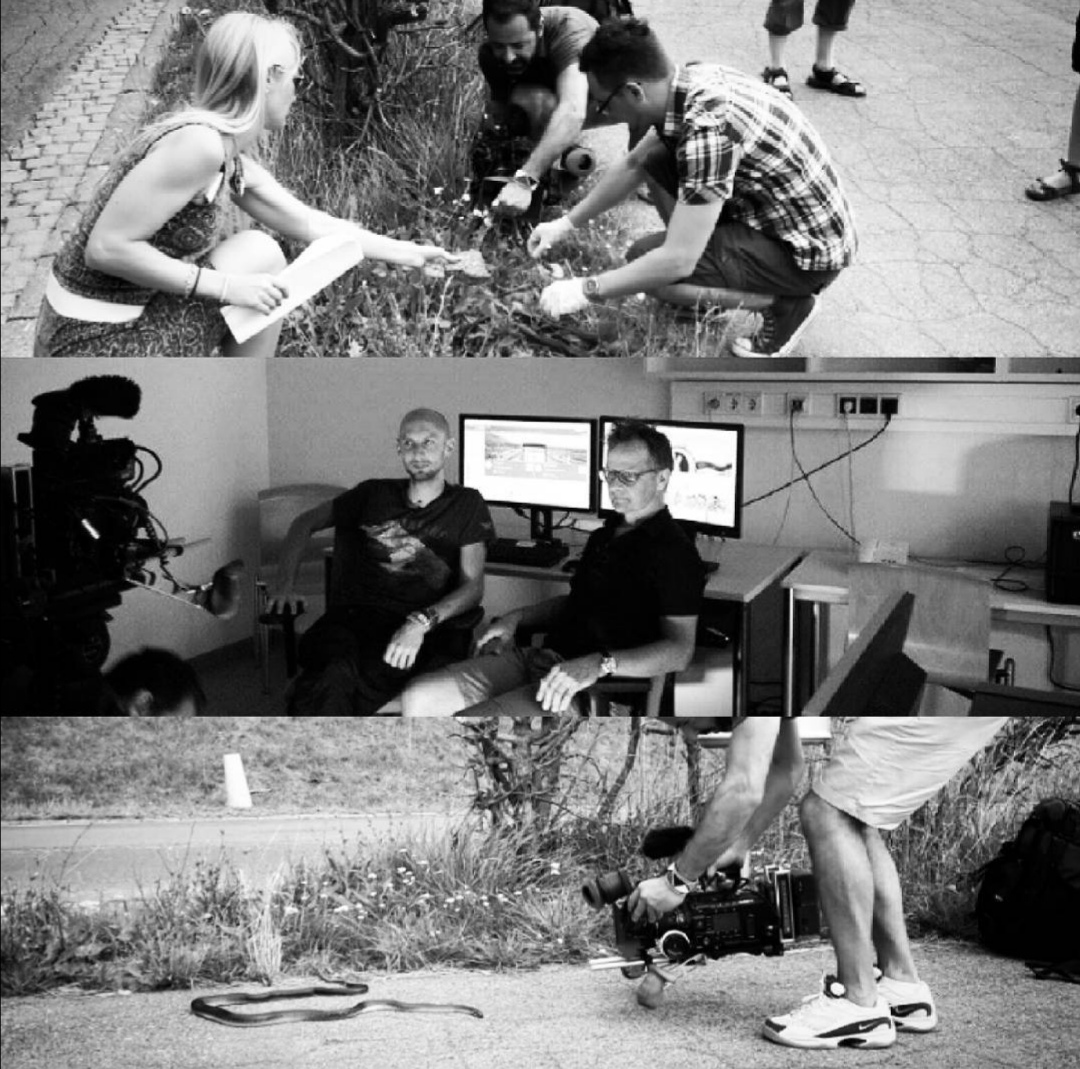Honorary Mention
Project Roadkill creates an overview of where animals are roadkilled in Austria and what reasons there might be for this. Roadkill is the term used to describe all animals killed in road traffic. In Austria, official statistics on road-killed animals are only available for huntable game. Data on all other animal species – including endangered species such as amphibians – are missing.
The aim of Project Roadkill is to reduce the number of roadkills as much as possible by identifying the factors leading to roadkills. The first step is to get an overview of the number, extent and distribution of roadkills in Austria. This overview is created with the help of citizen scientists who collect data via our app or the online form during their daily routine. Since 2021 citizen scientists are able to contribute to the whole research process, from formulating research questions, collecting, validating and analysing data to co-writing scientific manuscripts.
Jury Statement
Roadkill is the term used to describe all animals killed in road traffic. In Austria, official statistics on this phenomenon are only available for game species, while data on all other animals – including endangered species such as amphibians – were missing. The aim of Project Roadkill is to get an overview of the number, extent and distribution of roadkills in Austria to reduce the entity of the problem as much as possible by identifying the factors leading to it. Citizen scientists collect data via a dedicated app or upload them through an online form, contributing to the whole research process, from formulating research questions, collecting, validating and analysing data to co-writing scientific manuscripts.
European Union Prize for Citizen Science Jury 2023 (Kat Austen, Lewis Hou, Pedro Russo, Andrea Sforzi, Stefanie Wuschitz). View full Statement here.
Credits
The most important acknowledgement goes to all citizen scientists of the Roadkill project. Without their participation, the project would not exist. We would also like to thank the University of Natural Resources and Life Sciences Vienna for financially supporting the project. We would like to thank the FWF for the project funding PUD-19B, which made it possible to involve citizen scientists in the entire research process. We would like to thank the company Spotteron for the many years of good cooperation. And last but not least, we would like to thank all Master students and scientists who contribute to the scientific publications from the project.
Biographies

Florian Heigl
Florian Heigl (AT) studied Agroecology at the University of Natural Resources and Life Sciences Vienna and finished his PhD in road ecology at the same university. Since 2013 he is involved in conducting citizen science projects in higher education and with the general public. Florian coordinates the citizen science project Roadkill and co-founded the Citizen Science Network Austria and its associated online platform Österreich forscht in 2014. In the CSNA he is head of three working groups including the working group on quality criteria for citizen science projects on Österreich forscht.
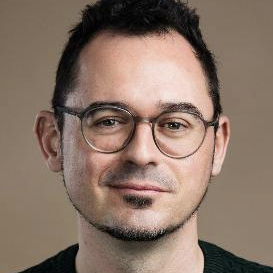
Daniel Dörler
Daniel Dörler (AT) studied Zoology at the University of Vienna and did his PhD in Ecology at the University of Natural Resources and Life Sciences, Vienna. During his PhD-studies, Daniel Dörler coordinated a project with a citizen science-approach and co-founded the Citizen Science Network Austria (CSNA) and its associated online platform Österreich forscht. Since 2015, he is one of the coorganizers of the Austrian Citizen Science Conference and has been in the scientific committee of several international conferences (among others ECSA 2018, 2020, 2022). Currently, Daniel is involved in the citizen science project Roadkill and is chairing several working groups in the CSNA and ECSA, including the Citizen Science Networks working group, which aims to formulate criteria for national citizen science platforms .
